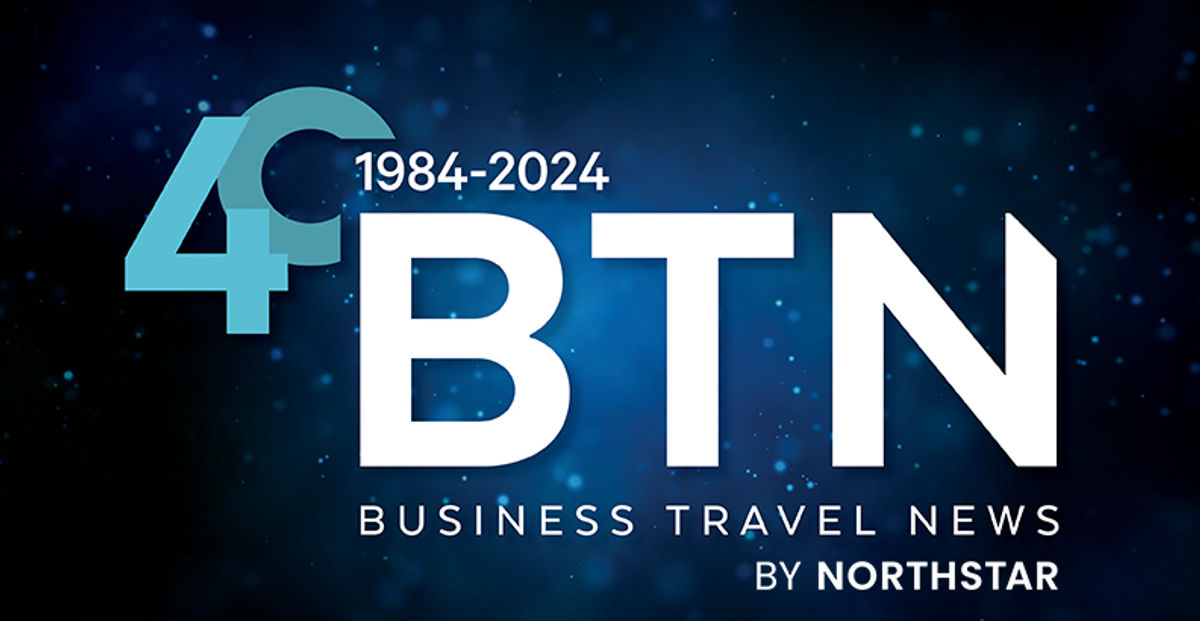BCD Survey: Satisfaction, Confusion with Corp. Rail Policies
Business travelers using rail services are largely satisfied with their corporate rail travel policies and the experience in general, though few say their companies require them to use rail, according to a BCD Travel survey of 681 business travelers....

Business travelers using rail services are largely satisfied with their corporate rail travel policies and the experience in general, though few say their companies require them to use rail, according to a BCD Travel survey of 681 business travelers.
The survey—conducted from Jan. 27 to Feb. 14 and which included travelers from Europe and the Asia/Pacific region who had used a train while traveling for business at least once in the prior year—showed half of respondents were somewhat or extremely satisfied with their company's rail policy. Only 16 percent were dissatisfied, and the remaining third was ambivalent.
While a third of respondents said their employer encourages travel by rail, only 6 percent said their company enforces requirements to do so. More than 60 percent said their employer neither enforces nor encourages rail travel or that they didn't know their employer's position.
"Enforcing rail bookings in place of short-haul flights can help lower travel emissions. However, travelers must be aware of such policy changes in order to make an impact, which is why communicating with your travelers is so important," BCD VP of sustainability Olivia Ruggles-Brise said in a statement. "They need to understand when it's appropriate to book rail instead of a flight and how to do that within the travel policy."
Lack of a clear policy was the most frequently cited challenge by travelers with their rail policy, selected by 16 percent of respondents. Other challenges polling above 10 percent of respondents included inconvenient booking, complex international bookings and having to pay out of pocket and wait for reimbursement, according to the survey. Just over 30 percent of respondents said that had no challenges with their rail policies, and an additional 18 percent said they didn't know.
The survey showed other signs that respondents were not familiar with or clear on their company's rail policies. Forty-two percent of respondents said they didn't know whether their employer offered corporate rates for rail tickets, while 14 percent said their employer offered corporate rates and 44 percent said their employer did not. About half of respondents said their employer sometimes or always allowed use of business class on trains, and a quarter said their employer did not allow business class, but the remaining quarter did not know their company's business-class policy for trains.
More than half of respondents said they were somewhat or extremely satisfied with the rail companies they used. Twenty-three percent were dissatisfied, and the remaining 24 percent were ambivalent. The biggest challenges with rail providers cited by respondents were poor reliability because of delays or strikes (50 percent) and overcrowding (43 percent).

 UsenB
UsenB 
































